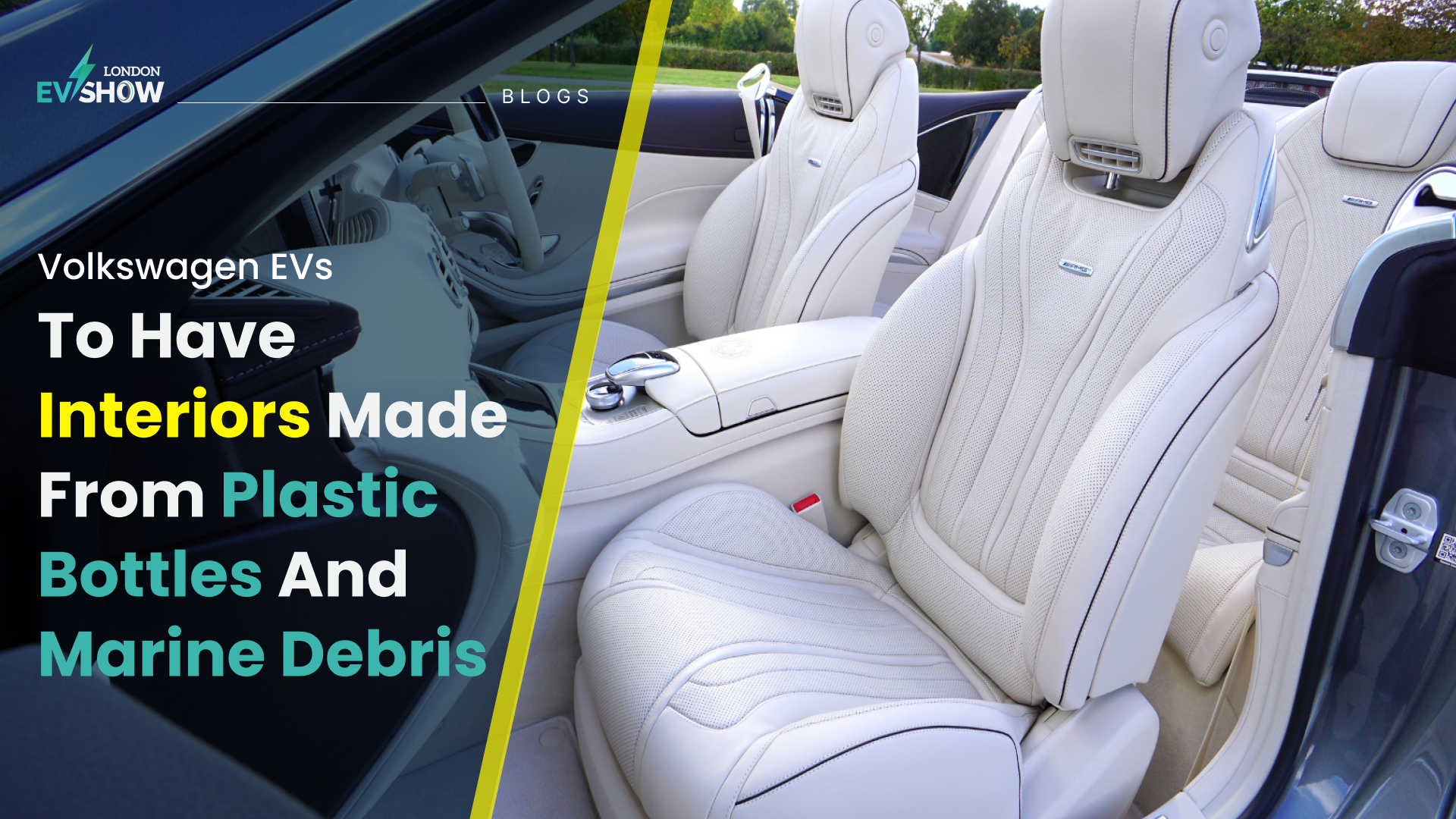Volkswagen is all set to make a breakthrough in sustainability with its all-electric ID. family, which is going to receive a series of eco-friendly innovations that will make the brand more environmentally responsible. As a part of this initiative, Volkswagen is using Seaqual yarn as a seat cover material in its ID.3, ID.4, ID.5, and ID.7 models. In a recent press release from Volkswagen on 23rd Feb, 2023, Silke Bagschik, Head of Product Line E-Mobility stated, “Through the widespread use of recycled materials and the animal-leather-free interior in our ID. models, we are further improving the eco-balance of our vehicles with high demands on haptical and long-term quality. The feedback from our customers confirms that we will continue to expand these sustainable approaches in the future."
This recycling measure would majorly help the brand in reducing its emissions as well. Seaqual Yarn is made from recycled marine debris and can help reduce CO2 emissions from production by 32% as compared to using conventional materials. This decision to use recycled materials ultimately contributes to the brand’s mission to cut carbon emissions by 40% till 2030, and achieve climate-neutrality by 2050. While the brand will be turning to recycled materials for car production, it also assures that the aforementioned recycled materials will have comparable durability to the conventional ones. Furthermore, the new variations would also look and feel the same as the conventionally made interiors.
Volkswagen is extending the use of these sustainable products found in the ID. Buzz to other models of the ID. family. Currently, the new Volkswagen bus features a series of eco-friendly materials, including those made from ocean plastic and recycled PET (polyethylene terephthalate) bottles. In addition to this, the ID. Buzz features a headliner and floor covering made from recycled polyester. Recycled plastics are also present in the insulating layer of the carpet, along with the components such as the underbody cladding and wheel housing liners.
As Volkswagen has set ambitious targets to reduce carbon emissions from its vehicles, the automotive giant is taking a comprehensive approach to analyse and optimise the complete vehicle life cycle. This includes all the steps from basic research and development to production and end-of-life recycling. The company also attempts to establish closed material cycles for all the raw materials used in its production process. By taking the aforementioned steps, Volkswagen is adding up to its commitment towards sustainability and reducing its carbon footprint. As the global automotive industry continues to face environmental threats, Volkswagen being a highly affluent brand is leading the way towards automotive sustainability with a holistic approach that considers not only the life cycle of its vehicles but also makes the ID family more sustainable.

